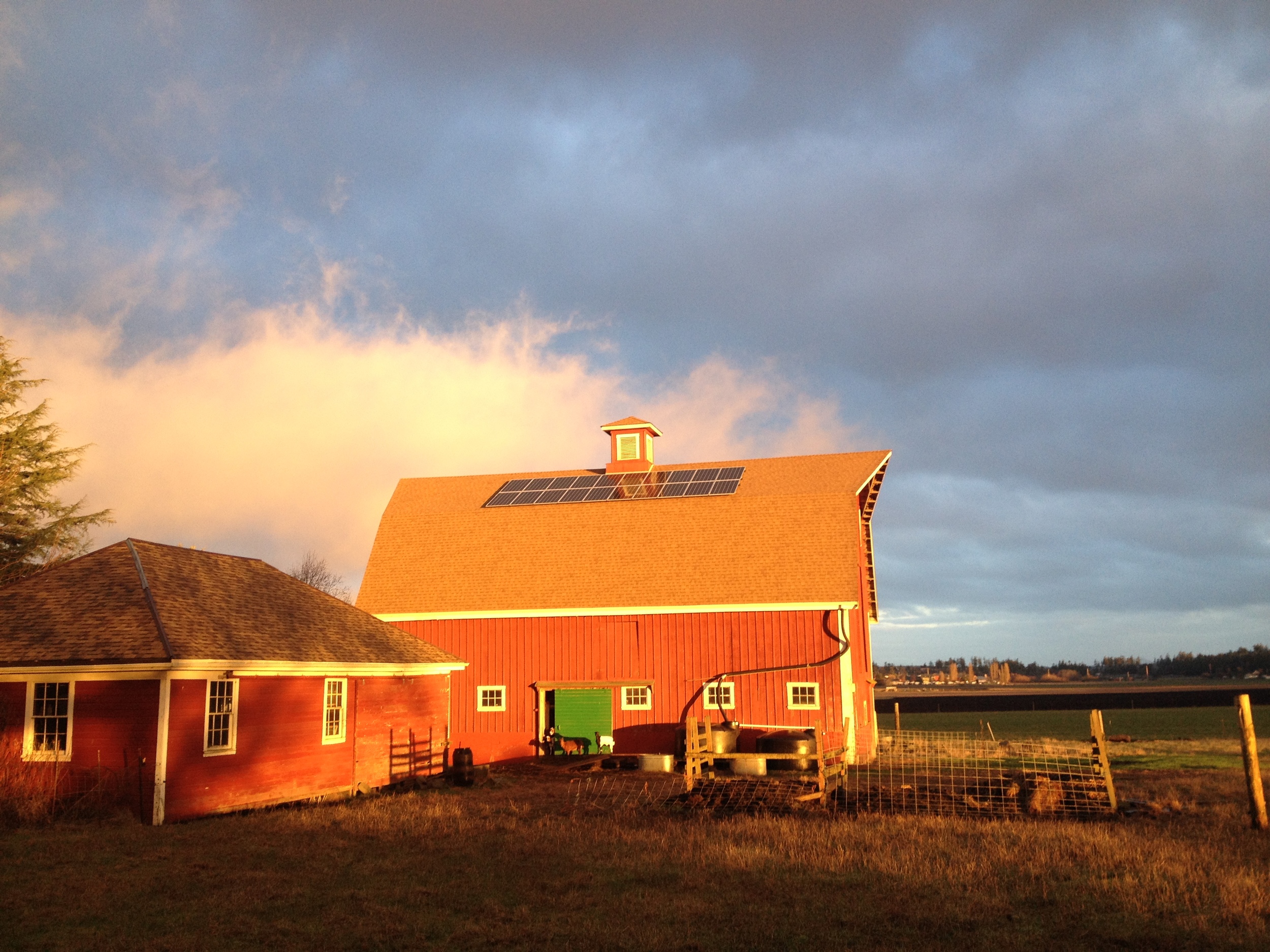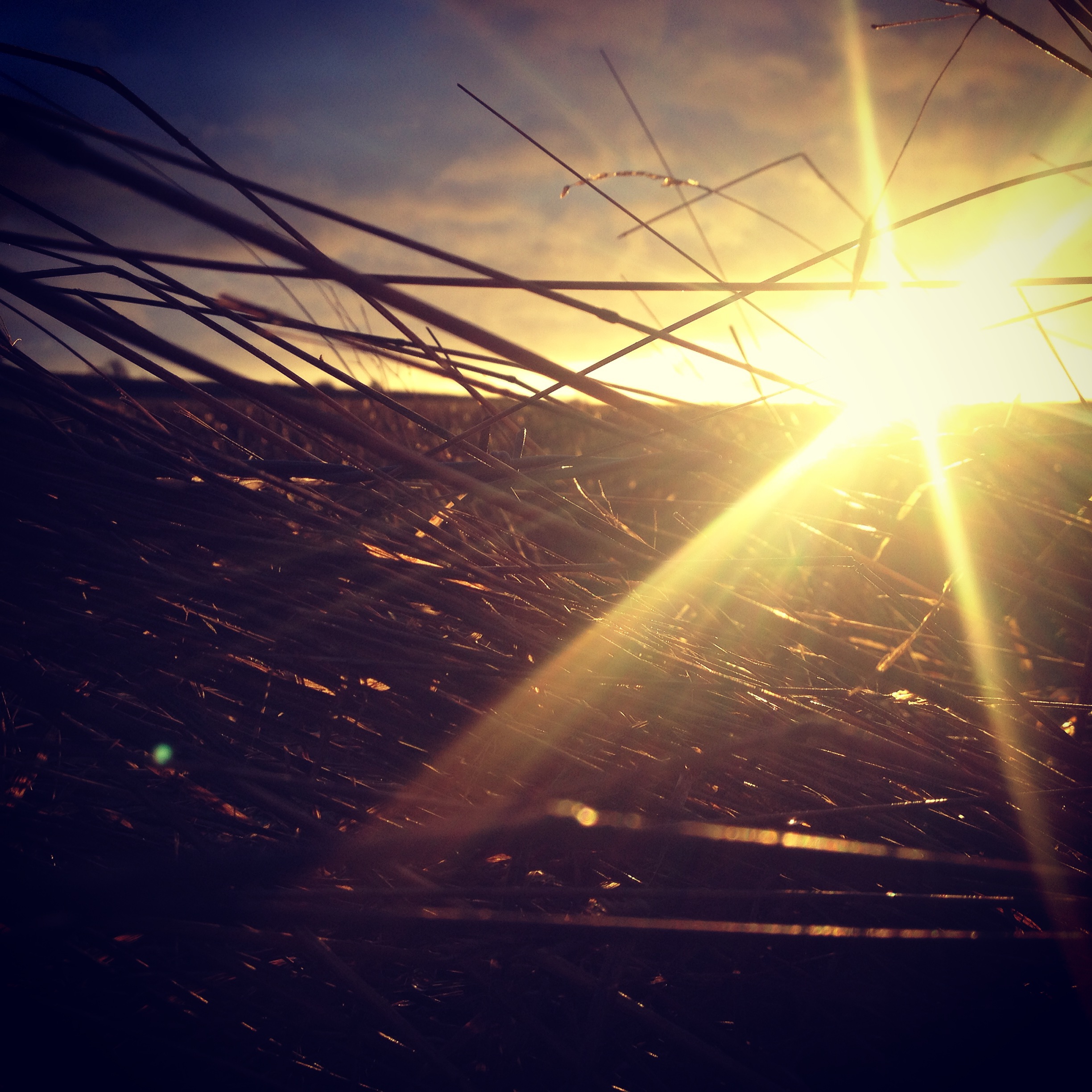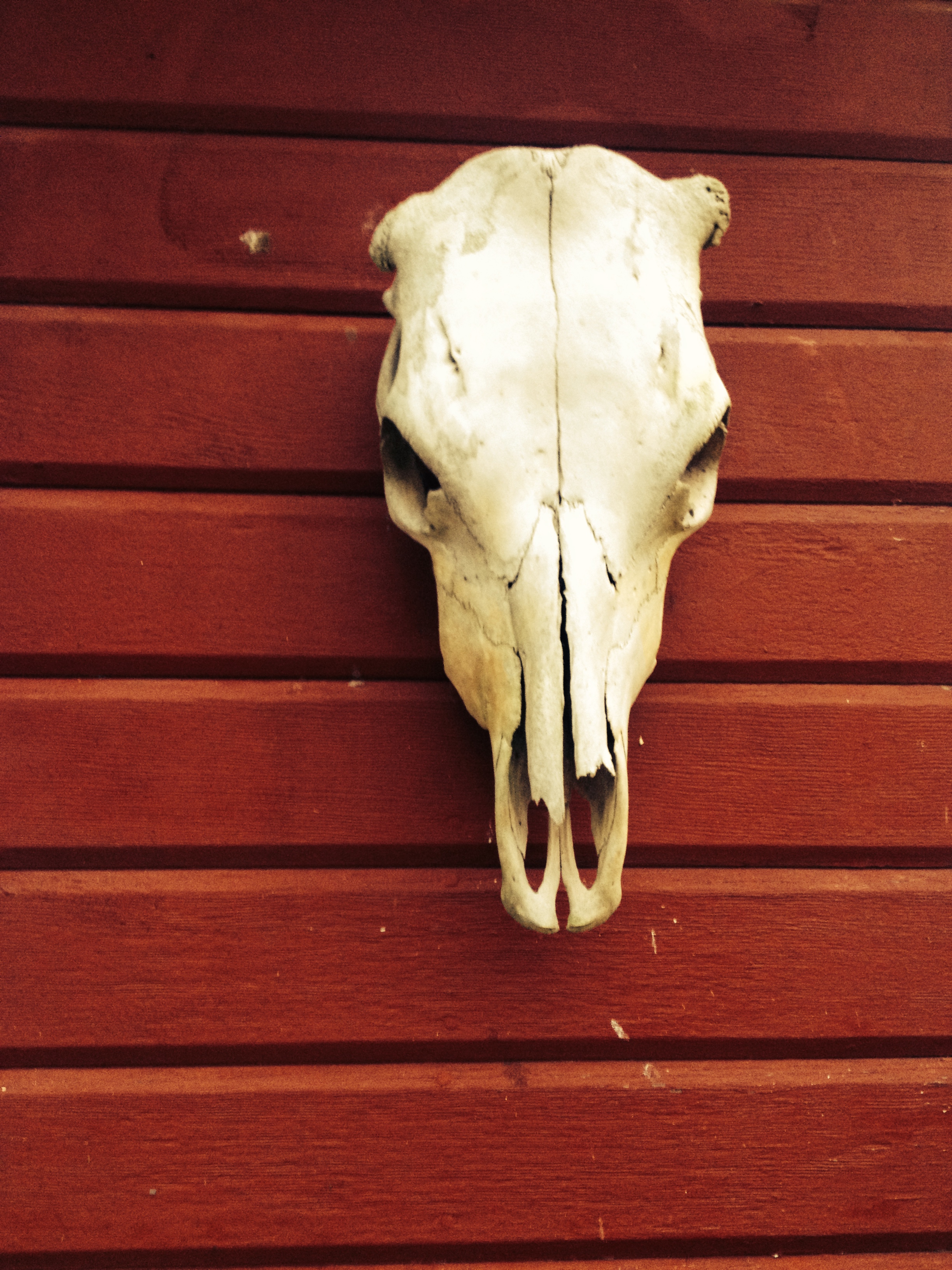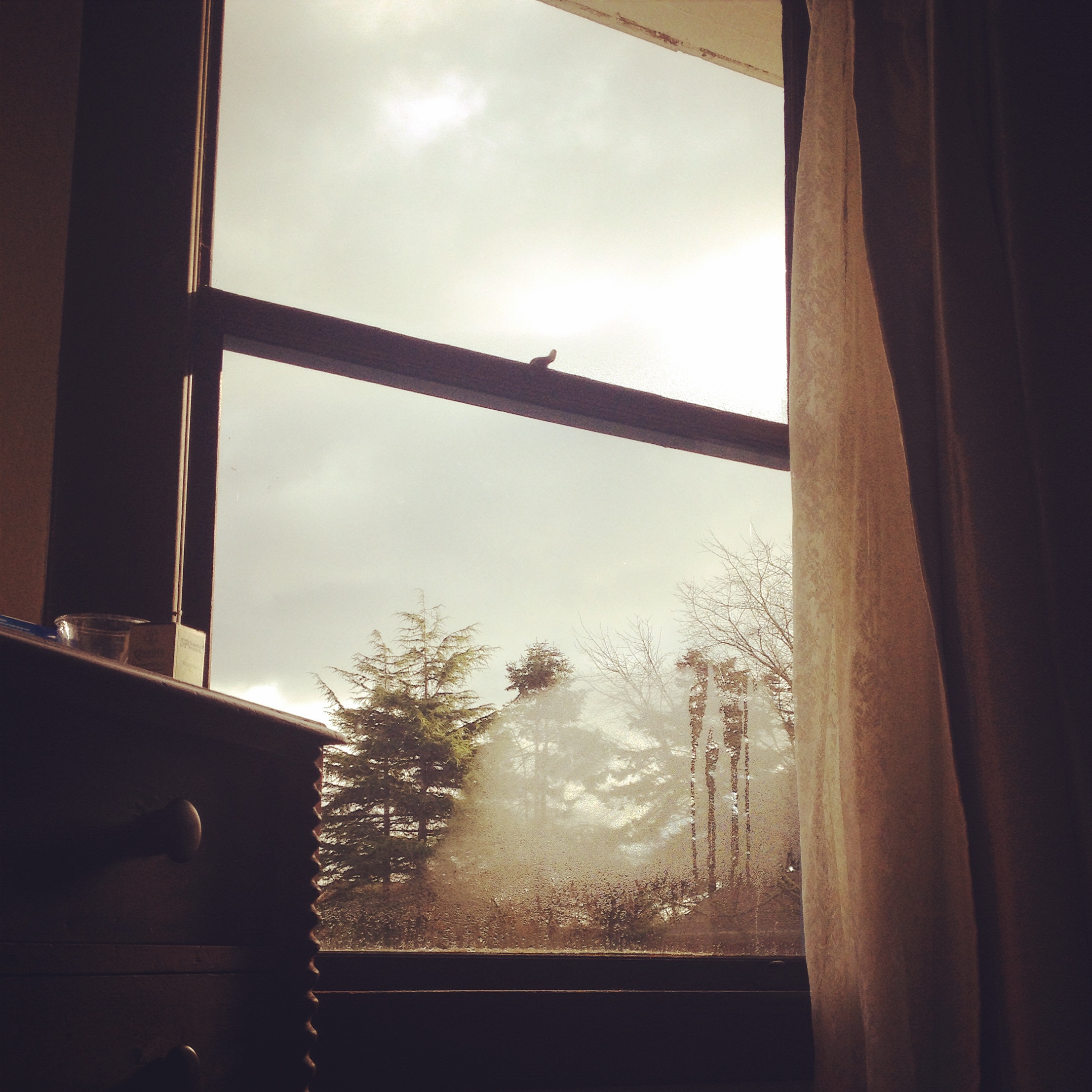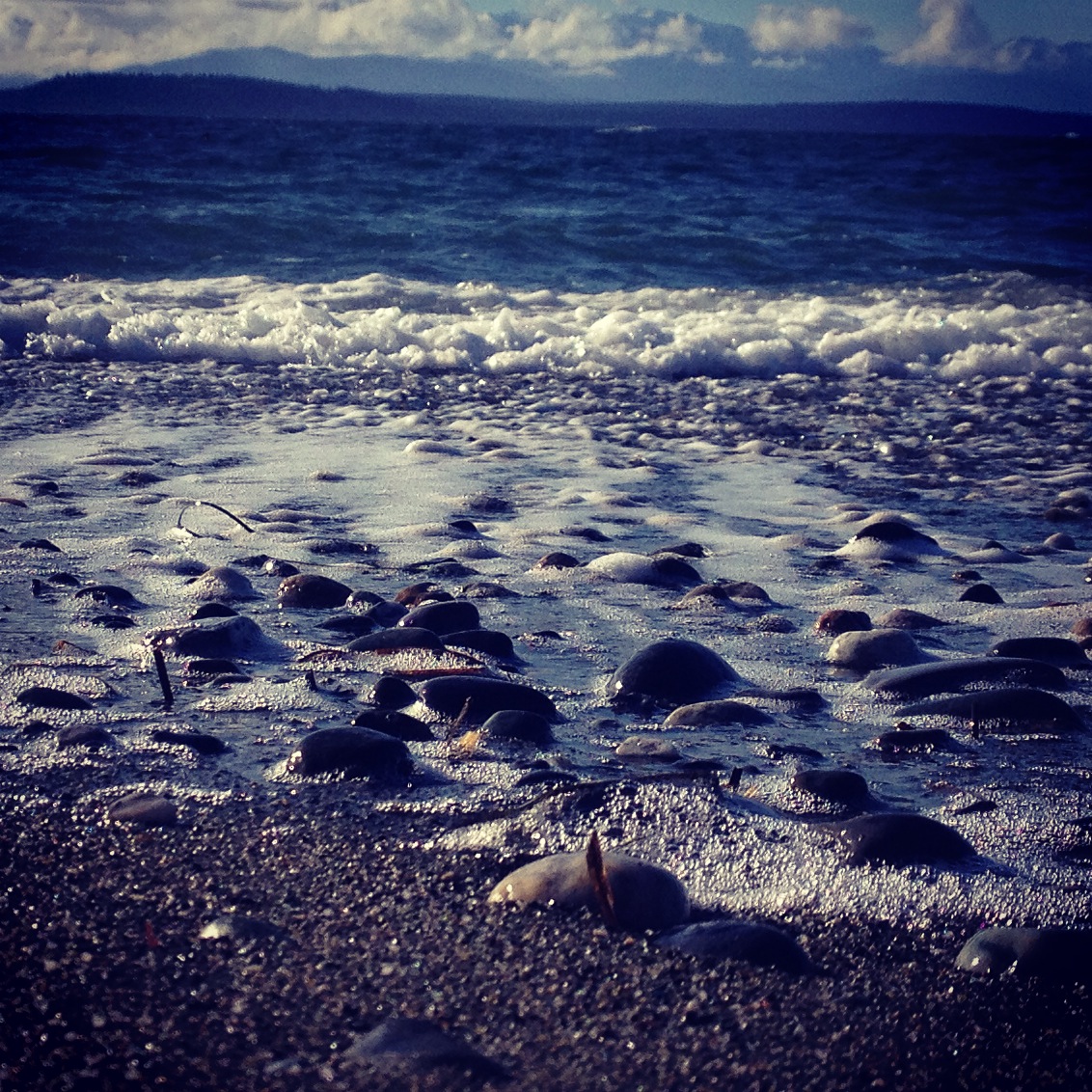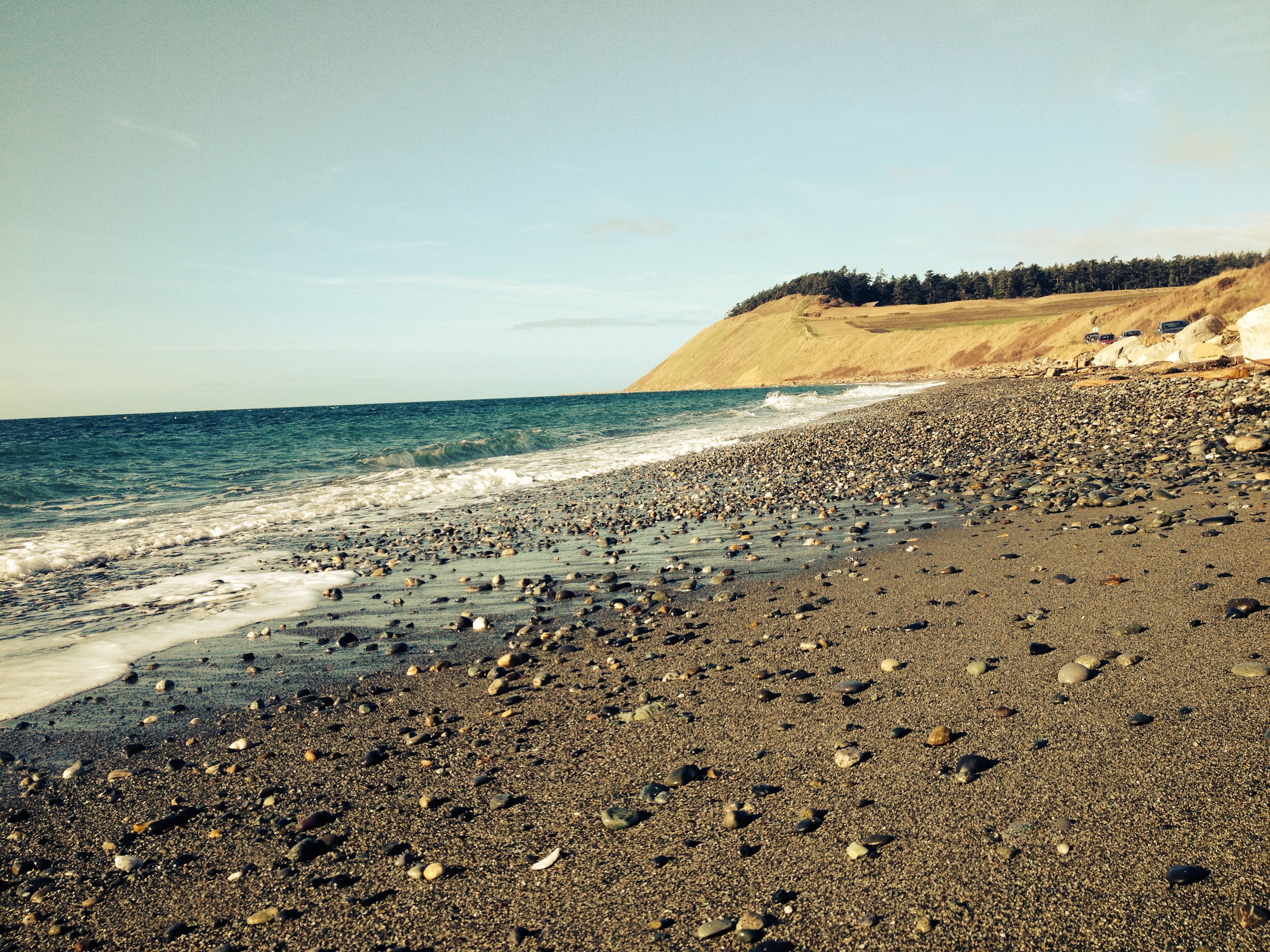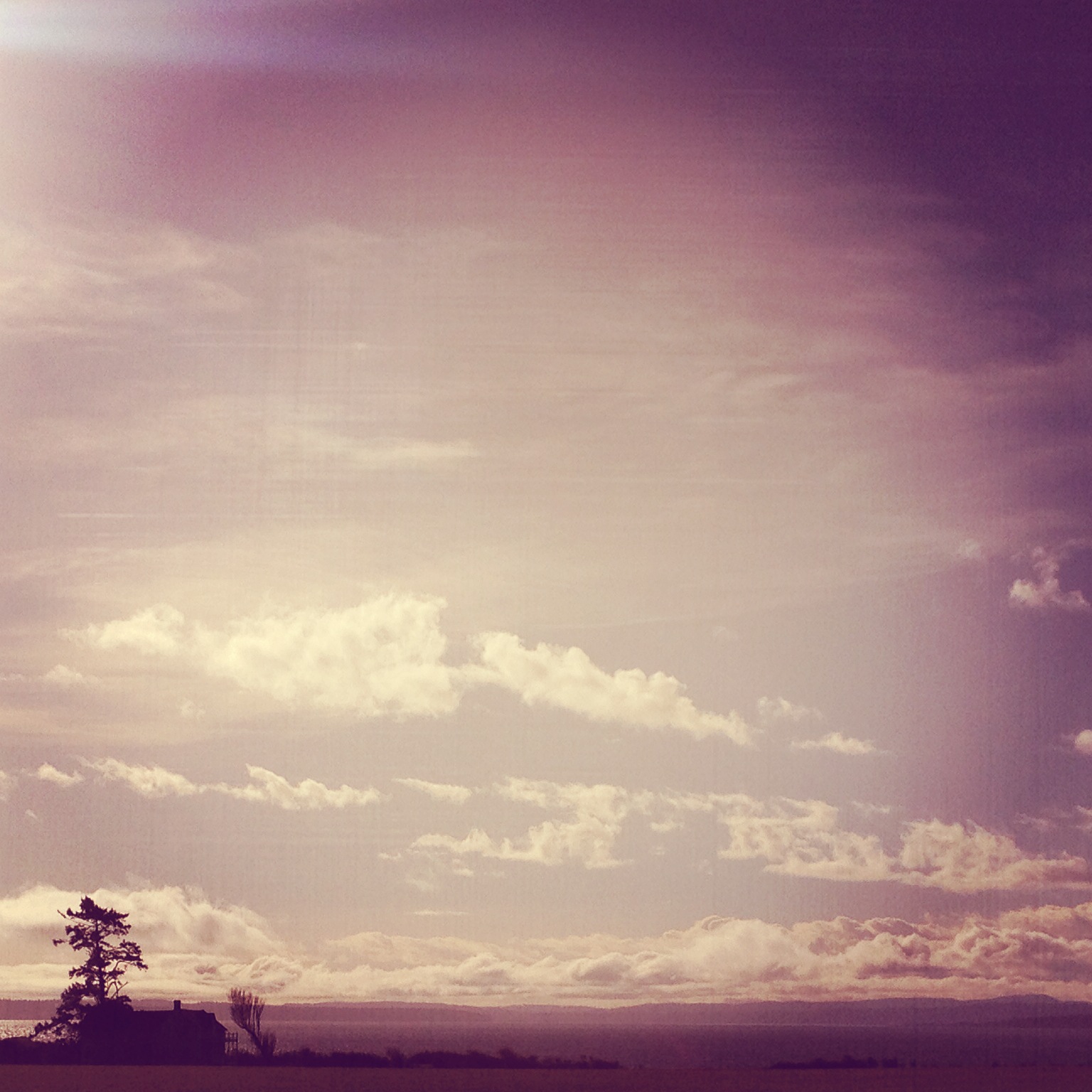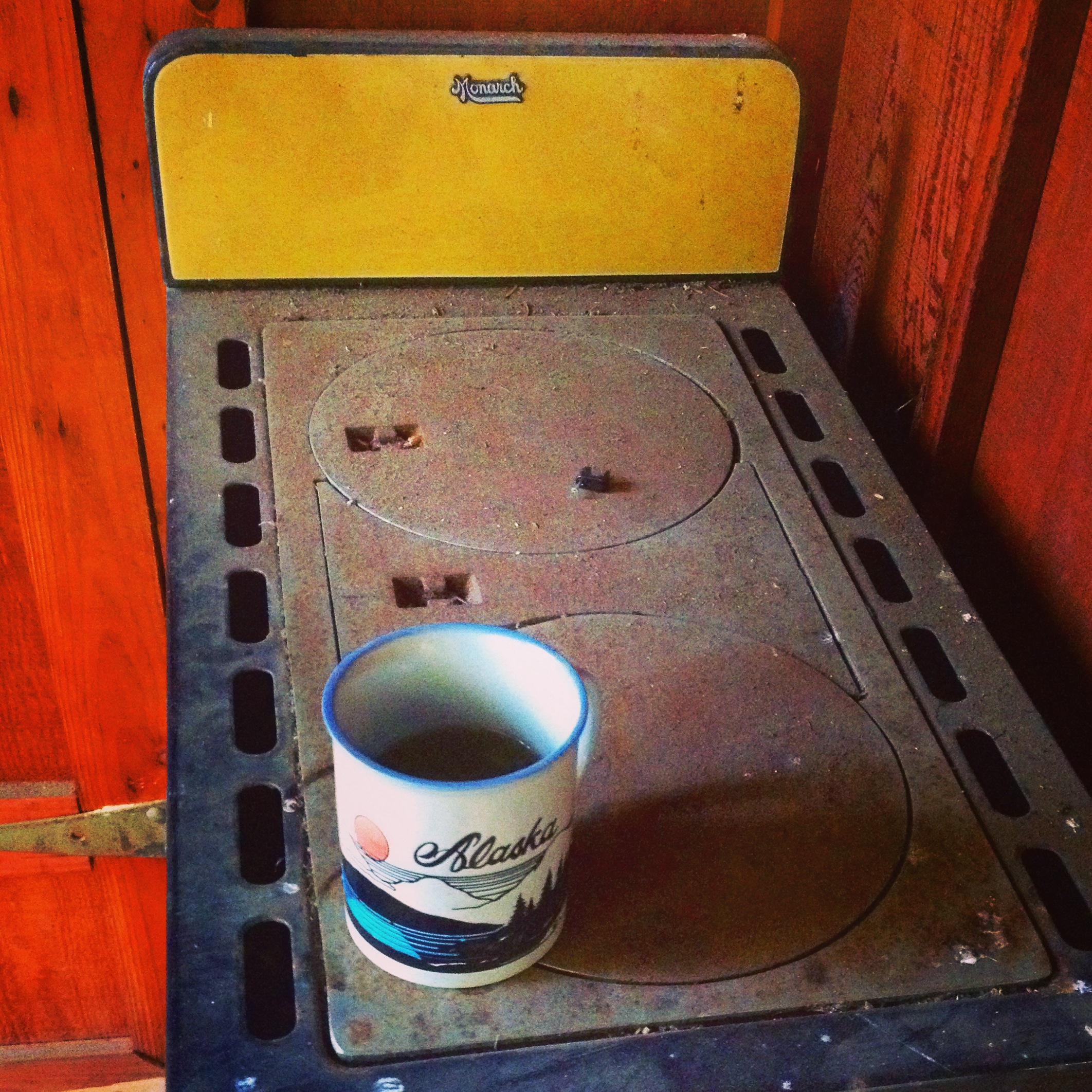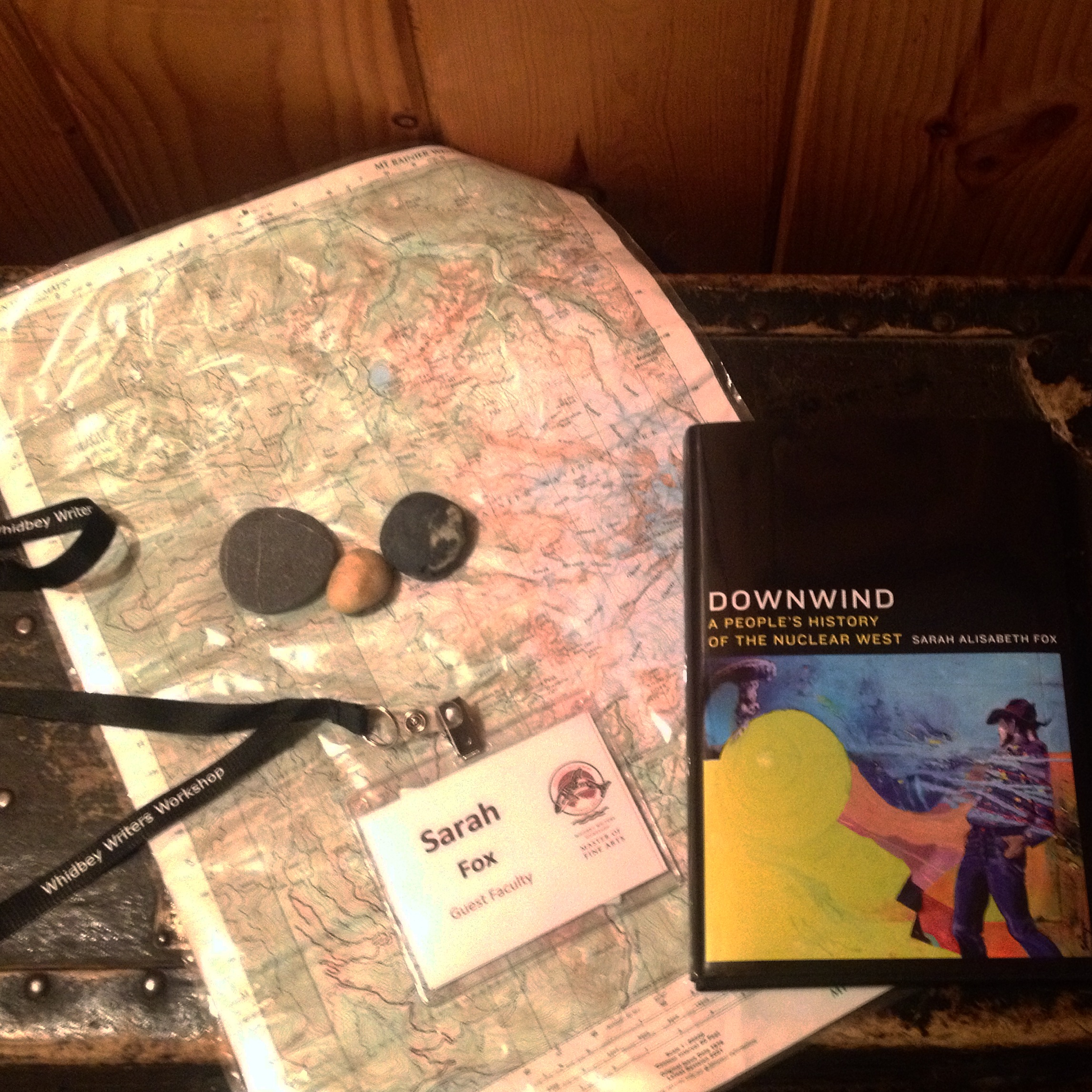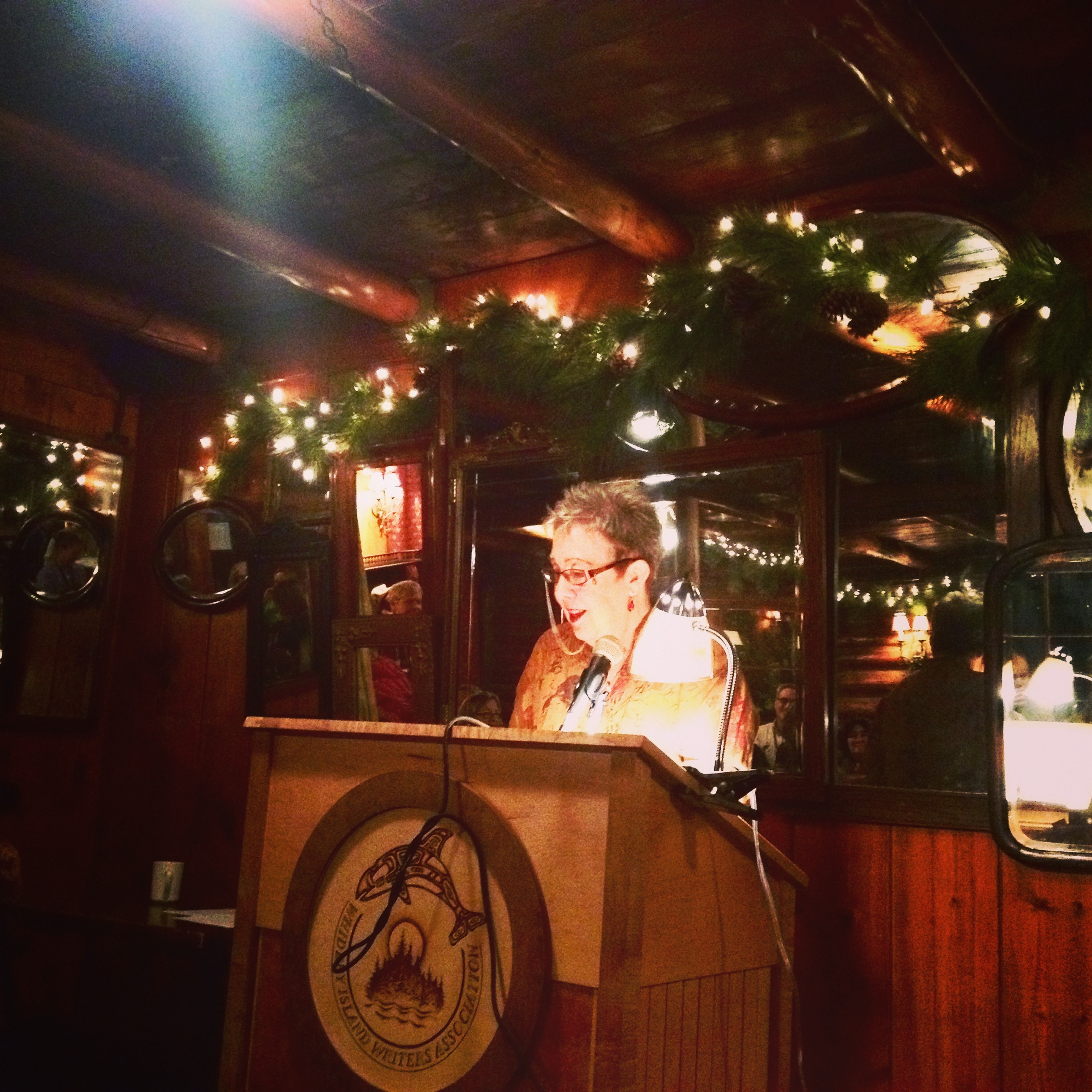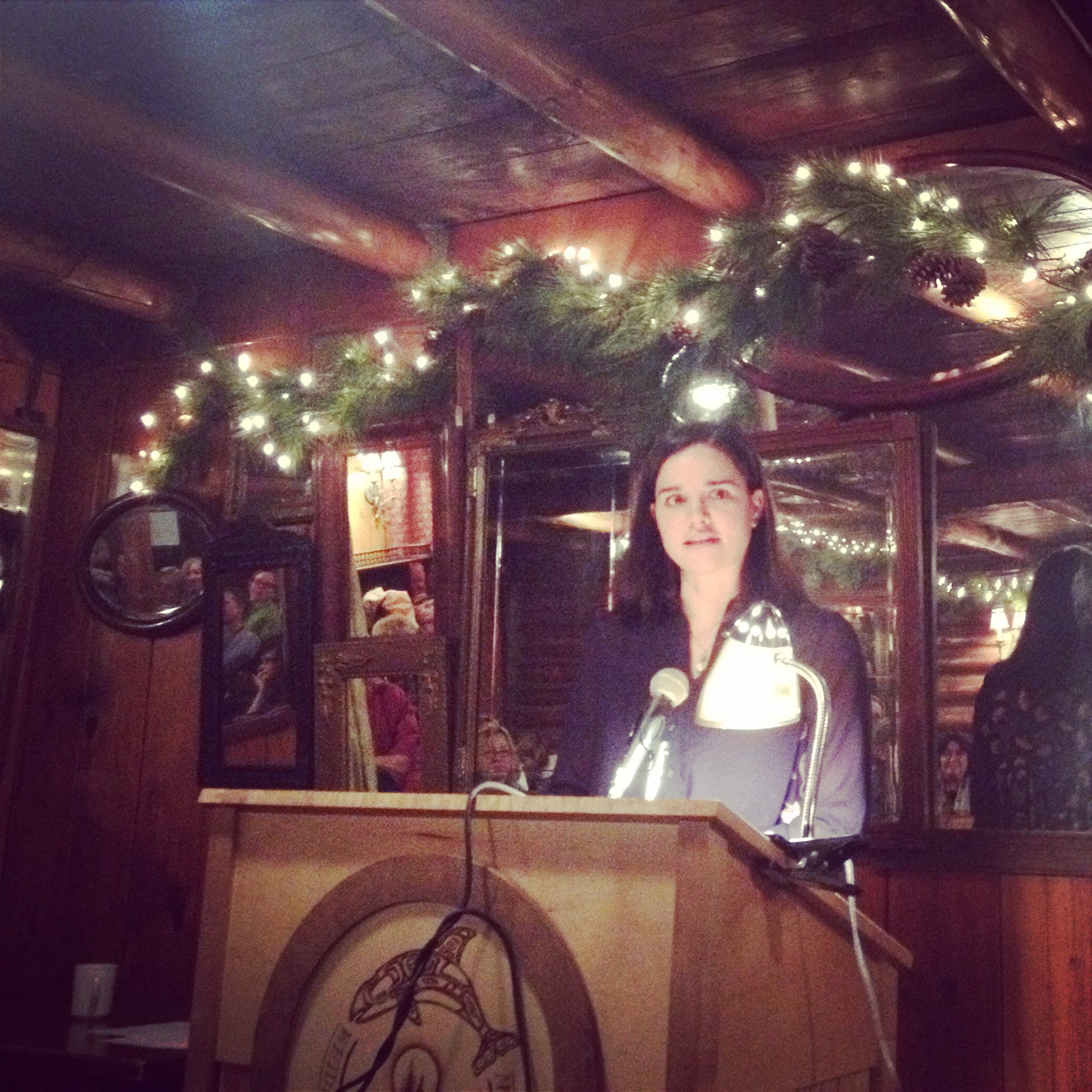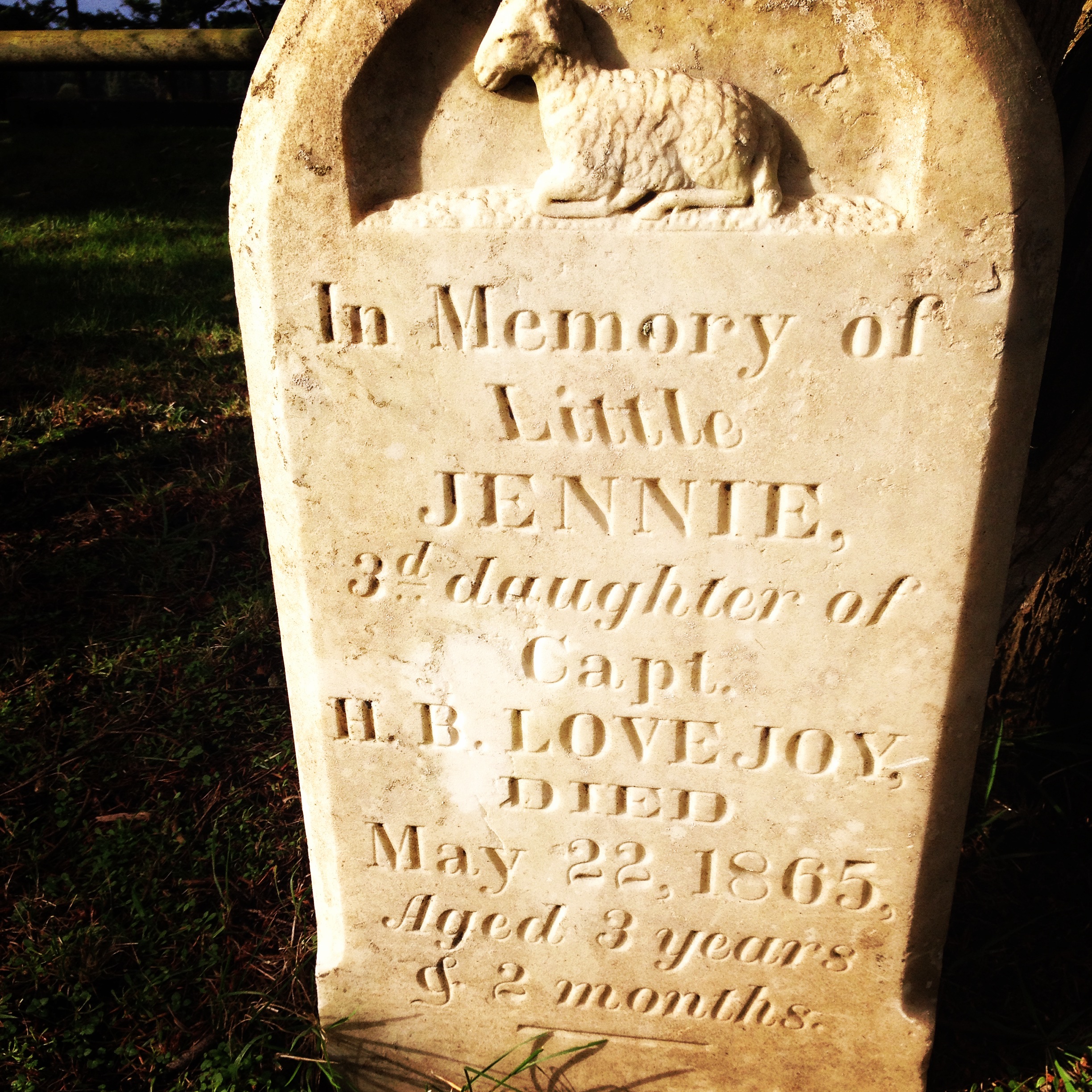This January I was honored to serve a weekend stint as a guest faculty for the Whidbey Writers Master in Fine Arts Winter Residency. I taught two workshops on my methodology as a researcher and a writer.
Rooting the Story:
We live in an era of growing disconnect. Even as technology and globalization have linked us together in myriad ways, they have also served to suspend us, distancing us from the terrains of place and history that shape us as writers and citizens. By employing strategies to root our storytelling in the physical place and cultural past that inform our stories, we increase the relevance, amplitude, and efficacy of our work.
Finding Fact in Folktales
Oral narratives are a vibrant and dynamic source of information for the citizen and the writer, documenting large swaths of human experience that tend to be discounted by the mainstream media and dominant historical record. While these personal histories can shed critical insight into problems, trends, politics, mindsets, and subcultures, they also tangle up elements of memory, media, and mythology. Untangling these narratives by contextualizing them with interdisciplinary research can lead the writer to a treasure trove of story, historical data, and environmental knowledge.
The opportunity allowed me to bask in the gorgeous surroundings of central Whidbey Island, surrounded by a community of incredible writers. Students in my workshops asked thoughtful and challenging questions. I visited Ana Maria Spagna's craft class, where for the first time I heard graduate students discussing Downwind. The final evening, I read from Downwind at the same podium as four world-class writers I respect tremendously: Kathleen Alcala, Kirby Larson, Tess Gallagher, and Elena Passarello, (snapshots of those last two ladies in slideshow above). Big thanks to writer Samantha Claire Updegrave, who first introduced me to Ana Maria, thereby facilitating my guest faculty stint!
